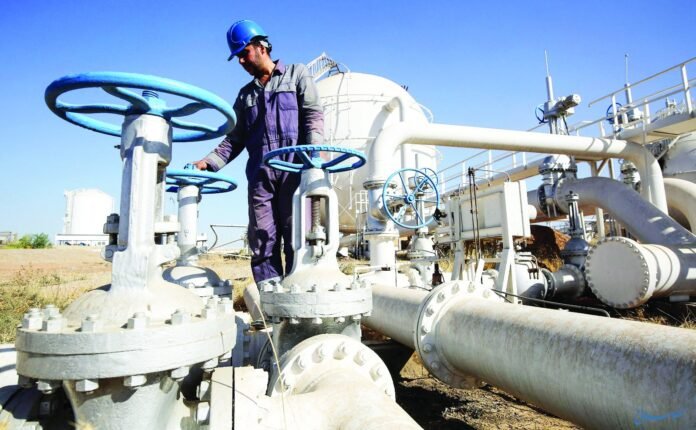The Oil, Gas and Natural Resources Committee in the House of Representatives has announced that they will not approve the oil and gas law in the current parliamentary session. However, the Ministry of Oil has clarified that the government is still working towards its approval and that it is subject to a consensus.
During an interview with Al-Sabah, Aso Fereydoun, a member of the committee, described the law as a complex file that requires significant political, legal, and technical work. He further explained that this law was one of the provisions included in the political agreement among the forces that participated in the establishment of the current government.
During a recent interview, it was pointed out that there are several versions of a law currently under consideration. However, the Kurdistan Region has expressed dissatisfaction with the draft proposed by the Ministry of Oil. This is due to the fact that, as per the Federal Court’s decision, the region is completely unable to export oil and is required to deliver 400 thousand barrels per day to Baghdad. Moreover, the Paris Court has also ruled that the central government should be responsible for controlling oil exports from the Kurdistan region.
Fereydoun pointed out that political parties opposing the new law is a limited viewpoint, as the law is expected to help resolve issues between Baghdad and Erbil.
He emphasized the need to solve problems at their roots, whether at the regional or national level. He also stressed the importance of bold legislation.
Asem Jihad, the spokesman for the Ministry of Oil, stated to “INA” that the ministry has drafted an oil and gas law and submitted it to the government for approval. The proposal was discussed by relevant authorities and a team formed by the regional government. He emphasized that the government is committed to approving it in the current session, as it is part of the government’s agenda.
The Oil and Gas Law has been created in Iraq with the aim to manage the process of oil wealth and ensure a fair distribution. Its main objective is to implement the optimal investment of national wealth and support economic and sustainable development. The law also aims to support the Iraqi state treasury.
Jihad highlighted that there were several discussions held between the authorities in question, and the ministry has prepared a law and made the required adjustments to it, with the aim of benefiting the public. It was also mentioned that once the government reaches an agreement on the draft law, it must be submitted to the House of Representatives for approval.
The Ministry drafted the oil and gas law and met with concerned parties. However, consensus is needed for the law to be approved. Regarding the consensual or political aspect, it is the responsibility of the parties involved.





